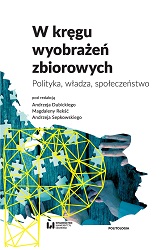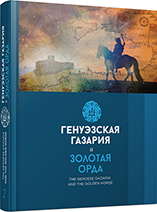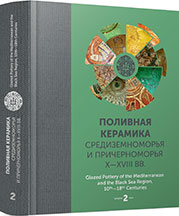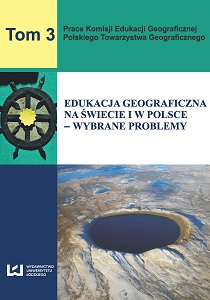
Fiscal Illusions
Iluzje fiskalne
Keywords: fiscal illusion;public finance
Scholars working with public finance introduced a term fiscal illusions (James Buchanan). They are social stereotypes dealing with the matter of public finance: spendings and rev¬enues. They result in strong pressure on public spendings. They are perceived separately from each other, especially spendings from revenues. They are very important socially and politically. They can be easily mobilized by political populists. Fiscal illusion are not myths because of lacking narrative elements. Though they are similar to them with their function of legitimize some social beliefs and their close relations to social values, and especially – to social justice. Fiscal illusions tend to direct fiscalism onto social groups of higher so¬cial status and to make taxation a mean of social redistribution not economic growth. The emergence and persistence of the fiscal illusion confirm the strength of political myths. They are able to penetrate even such a rational and calculable area as public finance.
More...


